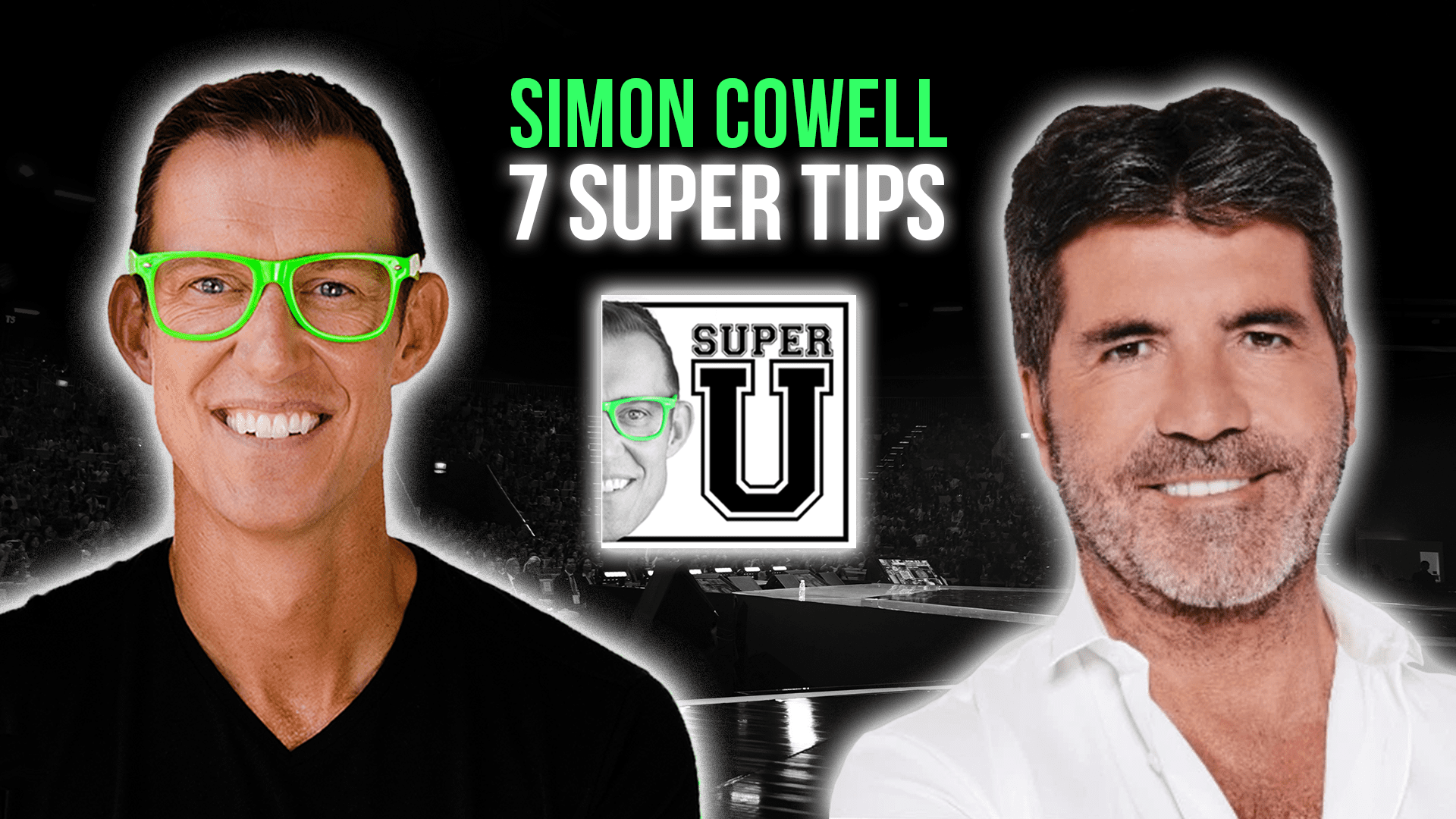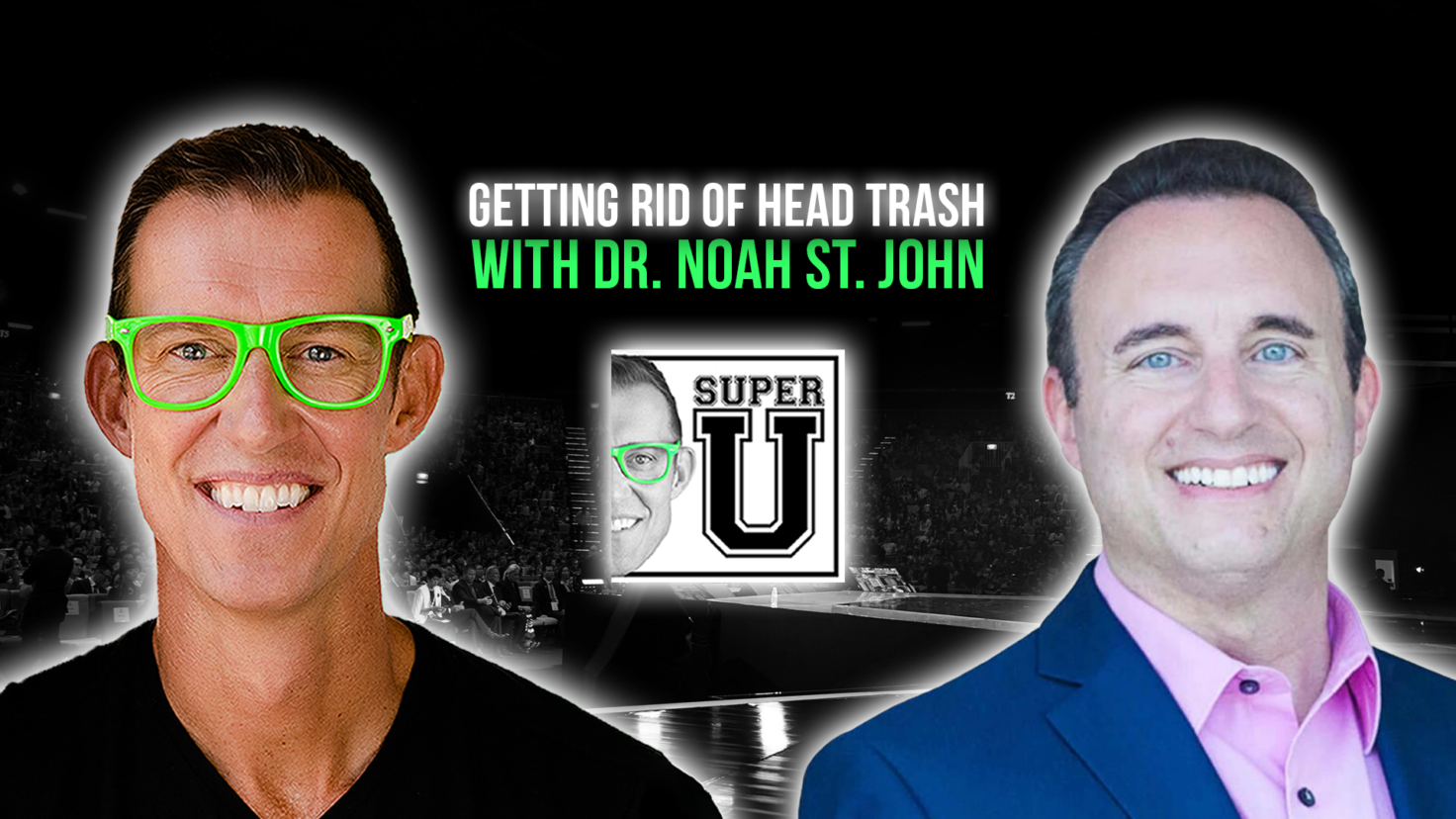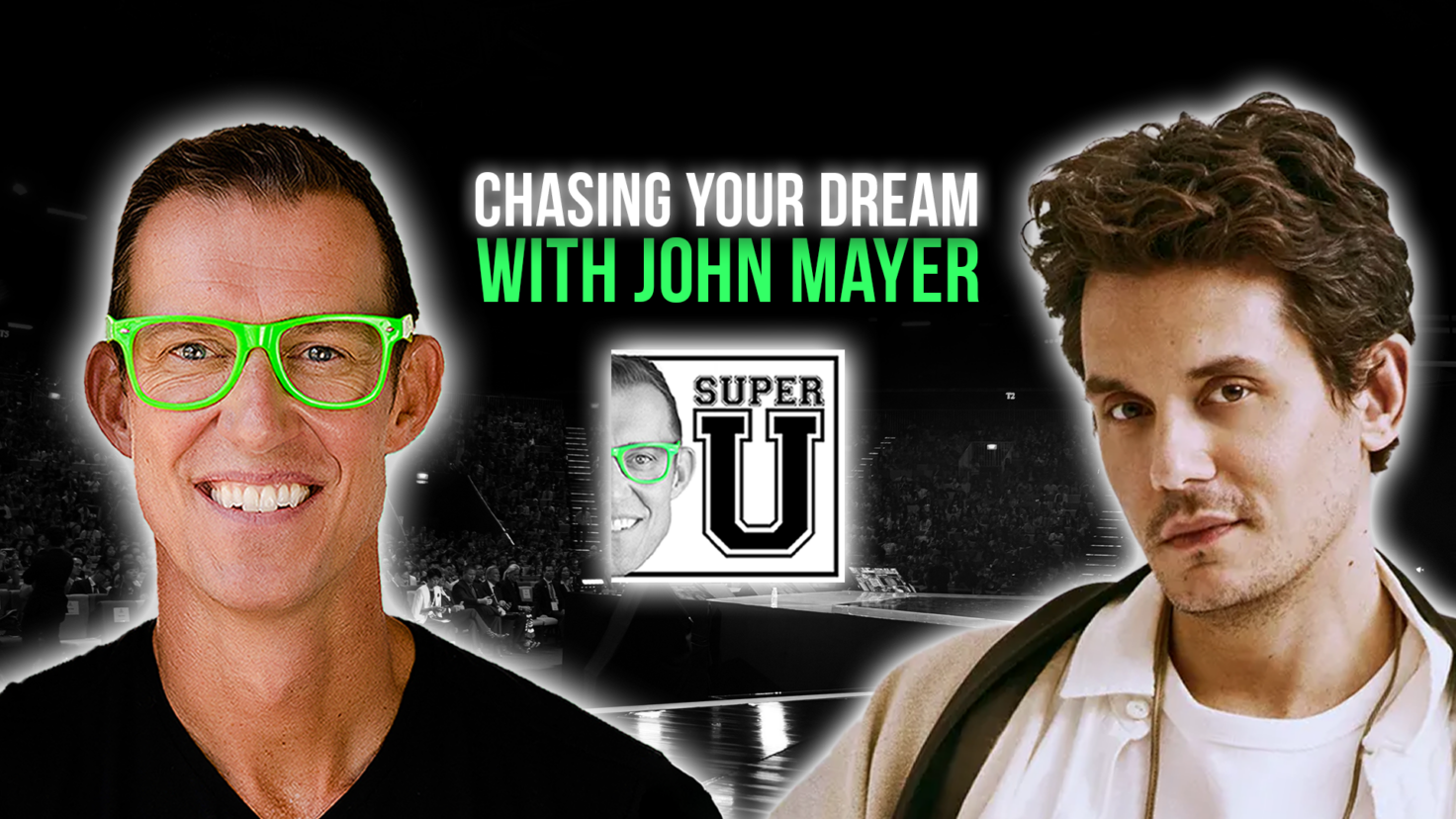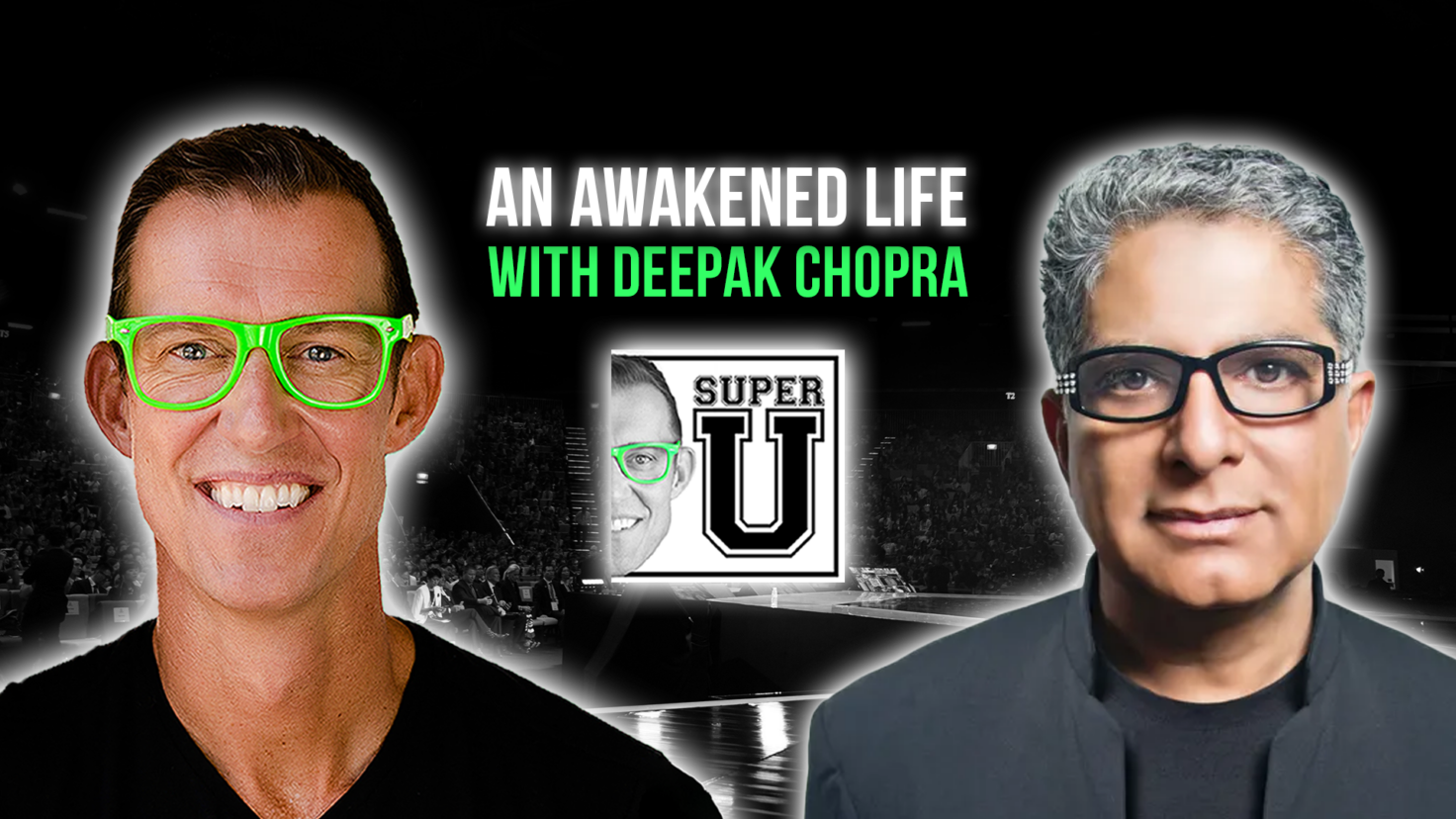Super U Podcast | 7 Super Tips with Simon Cowell
Simon Cowell, an English television personality and judge on American Idol, The X Factor, America’s Got Talent, and Britain’s Got Talent gives us insight into how he came back from losing everything and why he believes patience is so important.
5x #1 Bestselling Author and Motivational Speaker Erik Qualman has performed in over 55 countries and reached over 50 million people this past decade. He was voted the 2nd Most Likable Author in the World behind Harry Potter’s J.K. Rowling.
Need a sneak peek? Below are the main takeaways from the episode.
Super U Podcast | 7 Super Tips with Simon Cowell:
[3:31] Tip #1
“Something my dad taught me when when I was very young, and I asked him a question once you know how he runs a company. And he said it’s very simple. He said, “Everybody has a sign on their head that says make me feel important.” And it’s something I’ve always been very aware of that when you make a show and you’ve got 150 people on it. Every person on that show, right there has to feel that they’re acknowledged for the part they play. If you start thinking it’s all about you, you’ve got a big problem.”
[4:23] Tip #2
“When I was young, I got into the music business via the mailroom. And you kind of hustle your way, you know into the main part of the record company or the music publishing companies it was in those days and you try and work your way up and the interesting thing is it’s a business where they invest millions and millions of dollars but they give you no training. So you know when you screw up and I did in the early days, I mean I was told in no uncertain terms why I’ve made a mistake and I was taught tough love and in return, I try and do the same thing back because the worst thing you can do is particularly when I do a talent show if somebody comes in with absolutely no talent whatsoever, and absolutely no jobs, have a career, I think it’s a crime to say to these people will take a couple of singing lessons, and it will all work out because it just doesn’t work out that way.”
[6:48] Tip #3
“I was living way beyond my means I’d borrowed money to buy a Porsche, to buy a nice house and, and everything. And I was out every night I was spending a fortune drinking and everything else. And then the whole thing came crashing down to a point where I think I owed the bank about half a million dollars. And I had the equivalent of maybe $5 in my pocket to get a cab home to my parents. That’s how bad it was. But I went home, I did a deal to pay off the bank, which took me three years, but I paid off every penny. And it didn’t bother me interestingly enough, once I got rid of everything. The Porsche, the house, and I didn’t want it, and I was now living a more honest life. And I just thought you know what, I’m going to start again. But I’ll never borrow money again. I think it was more embarrassing me driving around in a Porsche I couldn’t own or pretending I could own it, than actually getting rid of the whole lot, buying a car for $7,000, which I could afford. And I liked it. But I didn’t lose a single friend. And no one was harsh to me or maybe feel embarrassed. My parents actually loved me going back to live with them. But it was probably in hindsight, the best thing that ever happened in my life because it taught me you know how you can get things spectacularly wrong. It took me about three years to get myself back on my feet. As I said, I paid off the loan to the bank, I was given a chance to build a label with one of the large labels. And then just slowly bit by bit, I started to have more hits more success. And it was probably around about that time when I understood the value of television, in setting records, and I kind of was one of the first to, I think understand that and start to build an area within that where I was successful in the thought I could sell the show as quickly in America. And I went to I think five or six networks and literally got thrown out of every single one. And then by luck, we sold the show to America. And that’s how American Idol got on the air.”
[9:56] Tip #4
“I think particularly here in Hollywood, where most people get it wrong is they’re afraid of losing what they’ve got. They’re just terrified of losing their fame, as you said, power, money. But actually, once you’ve lost it, you can always get it back again. And then when it’s not the end of the world, I mean being ill is worse. So, because I’ve actually faced what most people’s worst fears and recovered from it, it’s not as bad as you think, you know, I didn’t lose my confidence. My friends, were still my friends. I’ve lived with my parents. And I just saw it as a challenge that I’ve got to get myself back on my feet again.”
[11:30] Tip #5
“There was one guy when I was in my 20s, I used to follow around like a dog, and liked to sit in the studio and watch him work. I mean, never paid me. But it was like a free education. So I was patient, and I kind of gave myself about a 20 to 25-year window to kind of learn and achieve what I wanted to achieve. I think the difference today is that very few people prepare to wait that long because you have to learn to get good at these things. No, you’re not born with a gift of making records or signing artists. It’s through experience and learning and making mistakes. But I would say the getting there was more fun than being there.”
[12:39] Tip #6
“I think it depends on what you want in your life. I mean, what I realized very young, is that I didn’t want to live in fear. All my years in school, I did live in fear that if you got something wrong, they would be you. I mean, literally. So you were kind of nervous. And I was always scared that I could have a job, which I may not be very good in, and my boss could hate me. And if he hated me, he could fire me. And I thought I couldn’t live my life like that. So I kind of prepared myself to be good at something where I wouldn’t have to have a boss. And then I would only have myself to answer to and then I wouldn’t live in fear any longer. And there are times in this job where you get nervous or you lose your nerve. But I don’t wake up every morning like I did when I was going to school or wake up on a Monday morning feeling sick, because I’ve got to go to school. So I’m a great believer of if you’re not bright at school, and I wasn’t clever at school, you can teach yourself something good. Providing you have a good mentor and providing that your patient.”
[14:01] Tip #7
“Every single negative can lead to a positive, any negative situation. Don’t get too down by it, we’ll work it out. And that’s exactly what happened. Galco Liz Murdoch, who is Rupert Murdoch’s daughter, I’d seen the show, you know, be hidden in the UK, she called her dad, her dad then phoned Fox and said, when you guys looking at idle, here, we’re having a look at it. And he said, buy it. Just don’t change it, buy it. And that was the story. If one of these idiots had bought the show, first time around, we would have probably been in big trouble because we’d have accepted pretty much any deal at the time. And if we’d have had to work with some of the people I met, I think we would have been in a pretty sticky place right now. I think the fact that we’ve been allowed to do it with a tremendous amount of creative freedom in the UK, meant that we were pretty much allowed to do whatever we wanted when we brought it here. I had massive reservations about coming over here to do it. Mainly because I’d never worked in America before. And I thought, “You know, do I have a right really to sit in a room and tell Americans, you know, what they should do shouldn’t do?” bothered me. So I said, “Actually, no, I’m not going to do the show. Let somebody else do it.” And then one of the producers called me, and he said, “Genuinely Simon, I think you’re going to regret it.” I was concerned, it was going to become sanitized. It wasn’t going to be the same show. He said, “I promise you will make exactly the same show as we did in England. There’ll be no censorship, you can do what you like.” But I didn’t go into this one thinking. Yeah, it’s all going to go fine. It was a nice surprise.”
Click here to subscribe and listen to the full episode.
Connect with Simon Cowell:
Facebook: https://www.facebook.com/simoncowell
Twitter: @SimonCowell
Instagram: @SimonCowell
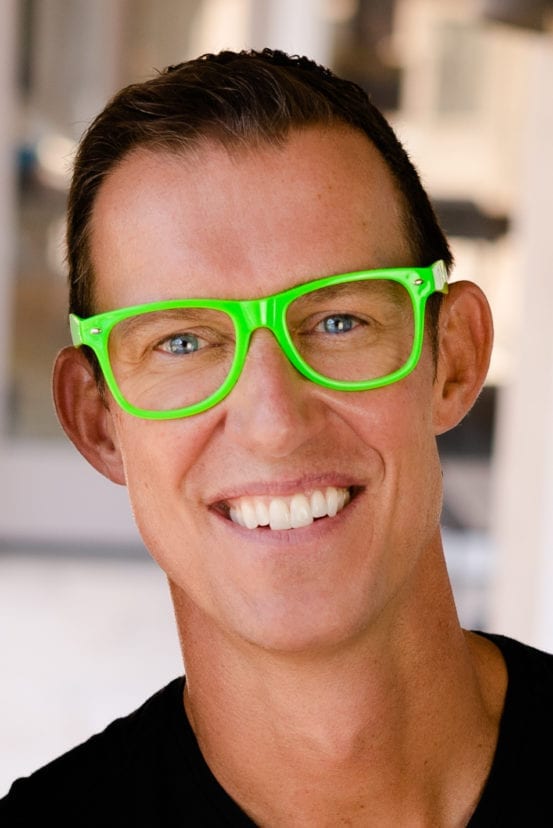
To ensure you don’t miss future episodes, subscribe to our podcast by clicking here >> Super U Podcast. We hope these tips help unlock and unleash your inner superpower!
The Super U Podcast is hosted by #1 bestselling author and Motivational Speaker Erik Qualman.

